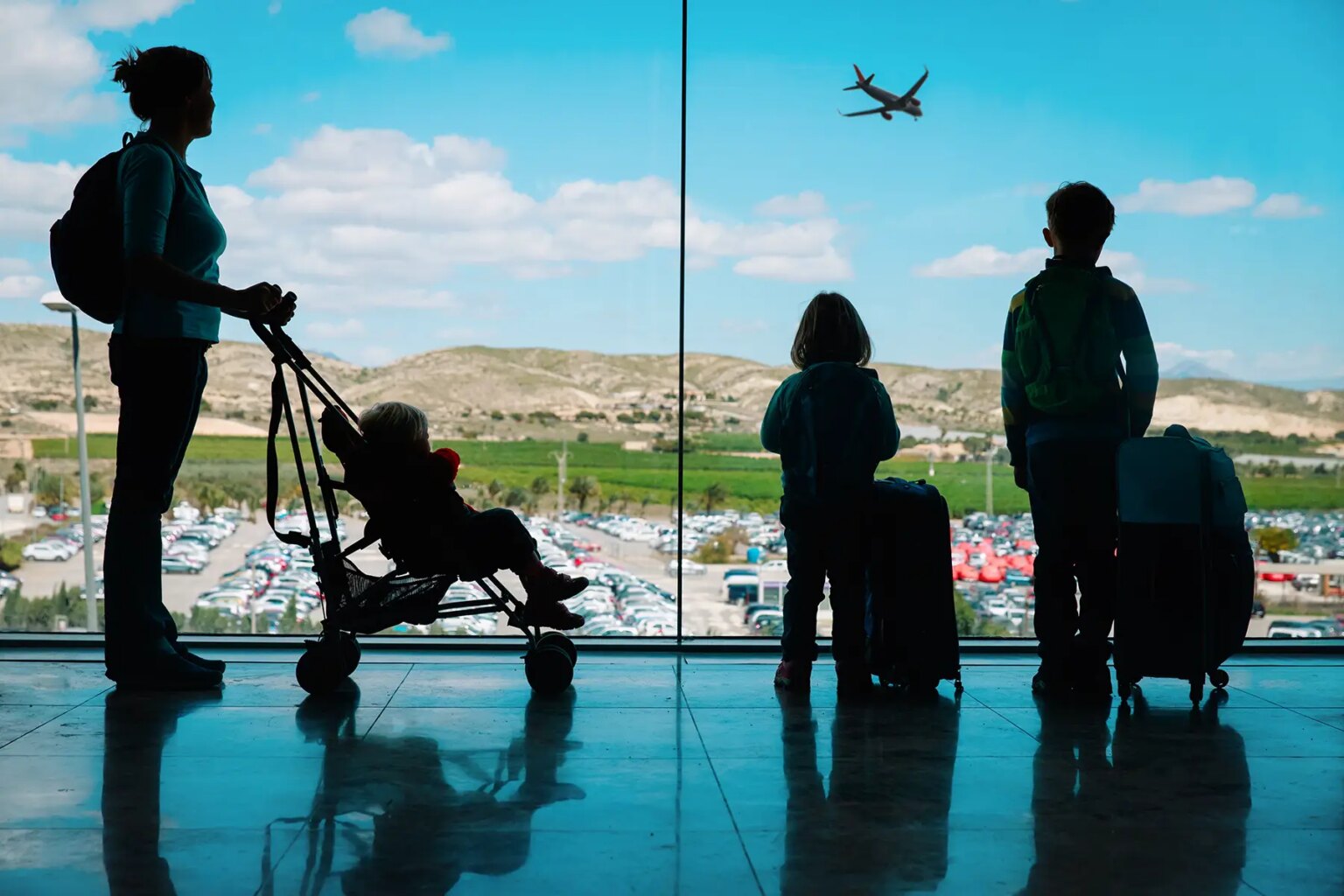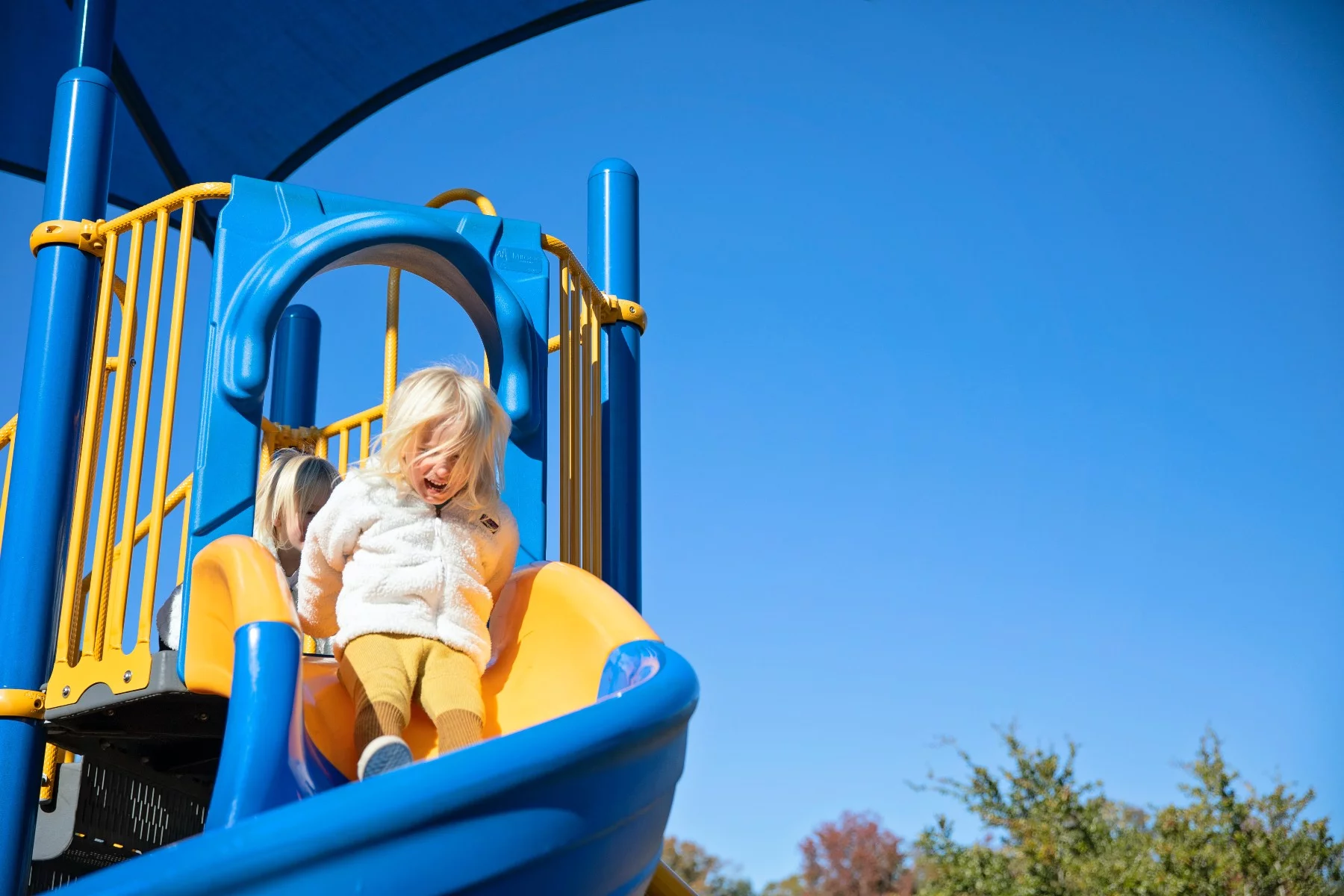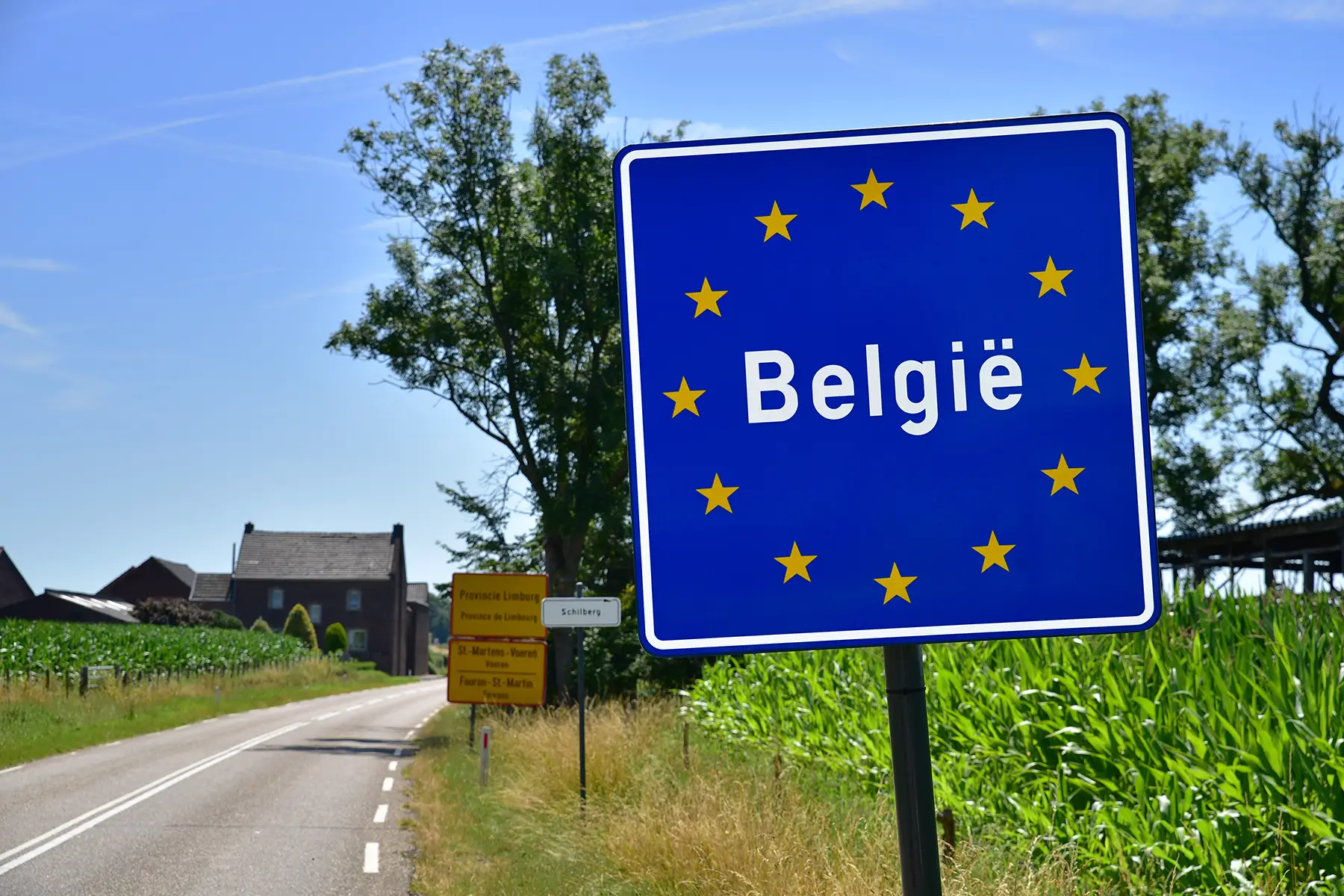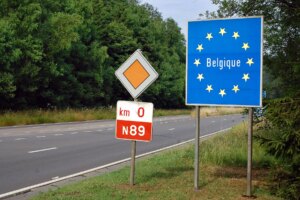Foreign nationals who want to visit or join a close family member living in Belgium can do so using the family reunification procedure. This procedure can be used by spouses/partners, children, and, in some cases, other close dependent family members. However, they will need to meet different conditions depending on their nationality, the nationality of the family member in Belgium, and their family ties.
Read the following sections to find out more about family reunion visas and residence applications in Belgium:
- Family reunion visas in Belgium
- Who can move to Belgium to join their family?
- The Belgian family reunification visa
- Short-term visits to family members in Belgium
- Joining family members who only have a temporary Belgian visa
- Family visas to join refugees or asylum seekers in Belgium
- When family members arrive in Belgium
- In the event of divorce or death of a family member in Belgium
- Family visa complaints and appeals in Belgium
- Useful resources
The Relocator
Planning a new life in Belgium? Give yourself some peace of mind with The Relocator. On their easy-to-use platform, you'll be able to compare your options quickly, getting quotes from some of the biggest names in global relocations. Move abroad confidently with The Relocator.
Family reunion visas in Belgium
Like other EU countries, Belgium has a two-tier immigration system. This gives EU/EFTA (EU plus Iceland, Liechtenstein, Norway, and Switzerland) citizens free access to travel to Belgium to join their family members living there. However, this is different for non-EU/EFTA nationals, who in most cases require a Belgian visa.
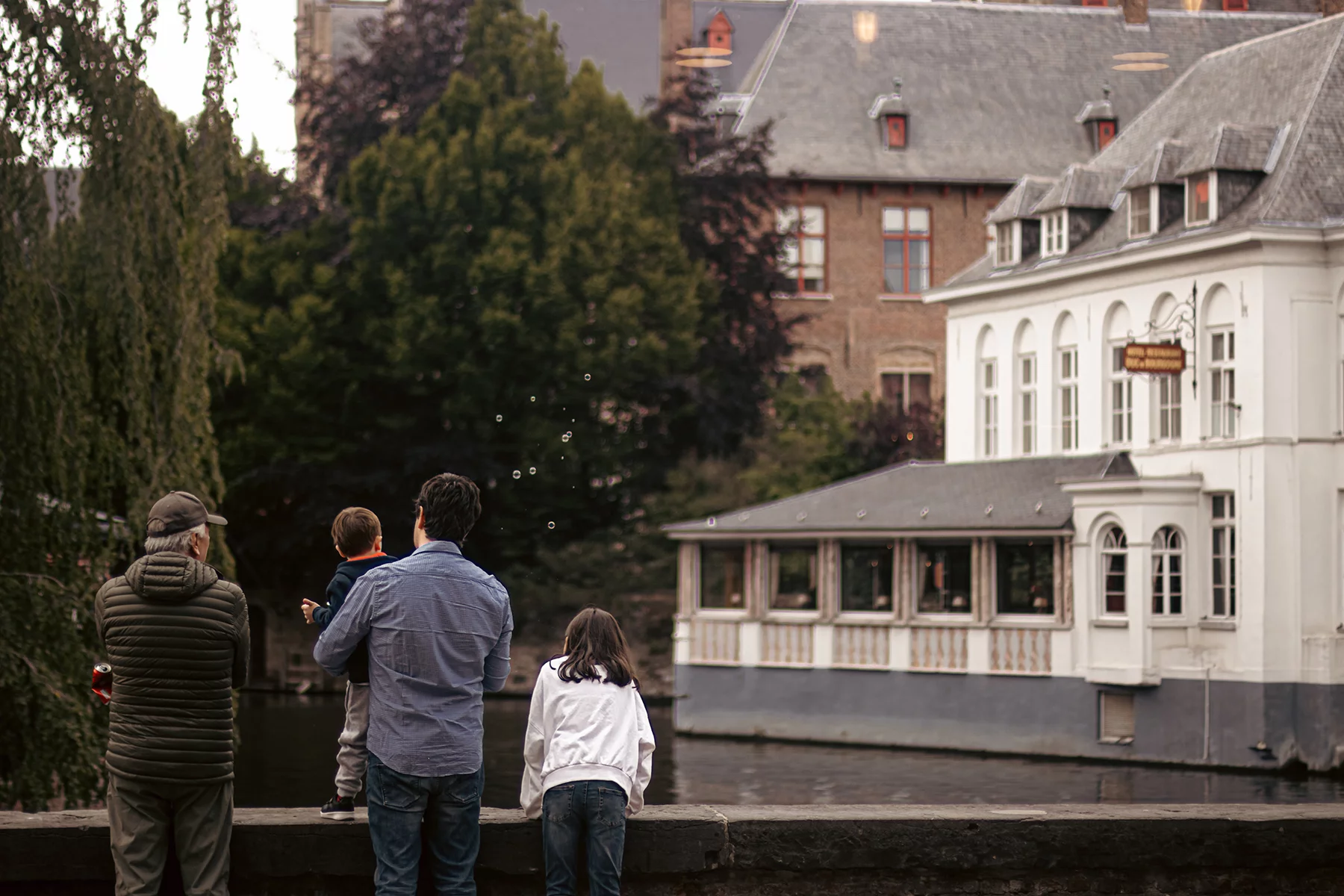
The family reunification procedure, rooted in Belgian law, allows foreign nationals to settle with their close relatives living in Belgium under certain conditions. The Immigration Office handles these requests. Since 2011, Belgian immigration policy has introduced stricter requirements for family reunions. These include limitations on who can apply and stronger evidence of family ties.
Regardless, the Belgian Immigration Office issues over 50,000 residence permits (PDF in Dutch) each year for family reunification. This accounts for nearly half of total immigration (PDF in Dutch) to Belgium.
Who can move to Belgium to join their family?
Who does not need a family visa to move to Belgium?
EU/EFTA citizens do not need a visa to travel to Belgium to join their family members. This applies regardless of the nationality of the family member living in Belgium. However, once in Belgium, you must report your arrival to the local municipal office/town hall if you are staying long-term. You must also apply for a Belgian residence (eID) card.
The type of residence card you’re issued depends on your nationality. As an EU citizen, you will typically receive an EU residence card valid for five years. The residence card will state your Belgian national register number and your authorization to work in Belgium.
Who needs a family visa to join their family in Belgium?
Non-EU/EFTA nationals who want to join a relative in Belgium must apply for a visa and residence permit using the family reunification procedure. Different rules for who can join you depend on your nationality.
If you are an EU national living in Belgium, the following relatives can apply for a family visa to join you:
- Spouses and registered partners (over 21)
- Your children or those of your partner (under 21)
- Your children, or those of your partner, who are dependent on you for care (over 21)
- Other dependent family members who are under your care, such as parents, grandparents, or grandchildren (dependent on your economic situation)
As a non-EU national, the following relatives can apply for a family visa to join you in Belgium:
- Spouses and registered partners (over 21)
- Your children or those of your spouse (under 18)
- Your children, or those of your spouse, who are dependent on you for care (over 18)
Family visas for UK nationals since Brexit
Since 1 January 2021 – the end of the Brexit transition period – UK citizens are also subject to immigration controls in Belgium. Currently, UK citizens do not require a visa for short visits to Belgium for up to 90 days (within a 180-day period). However, if they intend to stay in Belgium for longer than 90 days, they need to apply for a family reunification visa like other non-EU/EFTA nationals. This visa is available to spouses/partners and children under 18. It also applies to children over 18 who depend on their parents in Belgium for care.
The Belgian family reunification visa
The Belgian family reunification procedure involves two steps. As an applicant, you’ll first need to apply for a Belgian type D (long-stay) visa in the frame of family reunification in your home country. This visa entitles you to travel to Belgium to join your family member living there. After arriving in Belgium, you must go to your local municipal office/town hall. The town hall will register you on the Foreigner’s Register, and after that, you can apply for Belgian residence.
Family reunification visa for spouses and registered partners
You can apply for a family reunification visa to join your spouse or registered partner living in Belgium if you meet certain conditions. In the case of spouses:
- You must be legally married and provide an official marriage certificate.
- You and your spouse must both be over 21, unless you were married before you arrived in Belgium. In this case, the minimum age is 18.
- You and your spouse will both live together in Belgium.
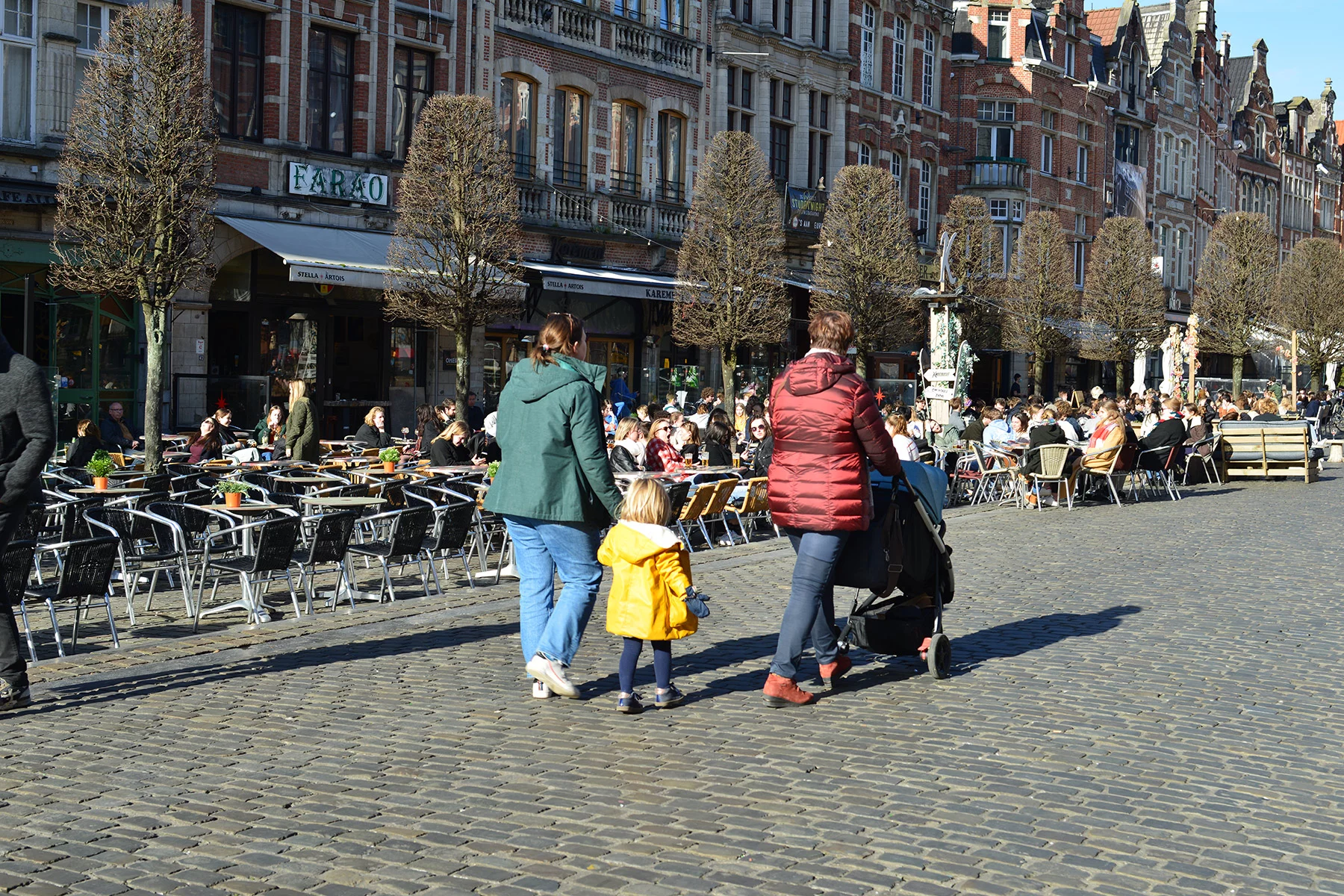
Belgium does not recognize polygamous marriages. In other words, if you have more than one spouse, only one of them can apply for a family reunion visa to join you.
As registered partners, you’ll have to meet a few additional conditions:
- You must be registered as partners with official evidence of legal cohabitation.
- You and your registered partner must both be over 21 years of age. However, the minimum age is 18 if you lived together for a year before your partner moved to Belgium.
- You can provide evidence that your relationship is ‘stable and lasting.’ This often involves showing proof of uninterrupted cohabitation for over a year. You can also show evidence of regular contact and meetings over the previous two years. If you and your partner have a child together, this can also prove your continuing relationship.
- You will live with your registered partner under the same roof in Belgium.
- You and your partner are both unmarried and not in a relationship with another person.
Family reunification visa for children
As a Belgian resident, you can also apply for a family reunification visa for your children. This applies to both adopted and biological children. Moreover, you can also apply for a family visa for the children of your spouse or partner. Your children must be under 21 if you’re an EU national or 18 if you’re a non-EU national. Furthermore, they must be unmarried and live with you when they arrive in Belgium. In the case of your spouse/partner’s children, you must provide evidence of sole custody. If this is not the case, you must have consent from the other parent for the child to join you in Belgium.
Next to this, you can apply for a family reunification visa for children over the age of 18 (or 21) if they are dependent on your care, such as if they have certain disabilities.
Family reunification visa in Belgium for other dependent relatives
In certain circumstances, EU citizens living in Belgium can apply for a family reunification visa for their parents or other close relatives, such as grandparents or grandchildren. This is possible if their relative is dependent on them for care. For this, the EU citizen must be employed or working in Belgium or have sufficient financial means from other sources to support their relative. Additionally, they will need to provide proof of health insurance. However, non-EU citizens living in Belgium cannot use the family reunification procedure to invite other dependent relatives.
How to apply
To apply for a type D family reunification visa, your family member will need to submit the following documents at their local Belgian embassy or consulate:
- Filled-in visa application form
- Valid international passport
- Copy of your residence permit and passport as the Belgian sponsor
- Proof of the relationship between you and the invited family member
- Standard medical certificate for the family member
- Proof of sufficient financial means that shows you can support this family member in Belgium
- Proof of health insurance for the family member
- Legalized declaration of absence of a criminal record or convictions for the family member
- In the case of children with disabilities, a medical certificate issued by a doctor appointed by the Belgian embassy or consulate
Processing times can vary vastly, depending on the complexity of the case. However, the Immigration Office must decide within nine months at the latest.
Visa costs
The type D (long-stay) visa application fee is €180. You’ll need to pay this fee upfront and submit proof of payment along with your application. Further, you’ll need to apply for a residence permit in Belgium for the purpose of family reunion. This currently costs €313 (indexed in 2022).
Visa length
Type D (long-stay) visas are valid for a maximum of one year and are not renewable. Their purpose is to allow you to stay in Belgium for longer than 90 days. Once in Belgium, you must apply for your combined residence and work permit. You can submit a request for an extension of your residence permit when it expires to your municipal office/town hall in Belgium.
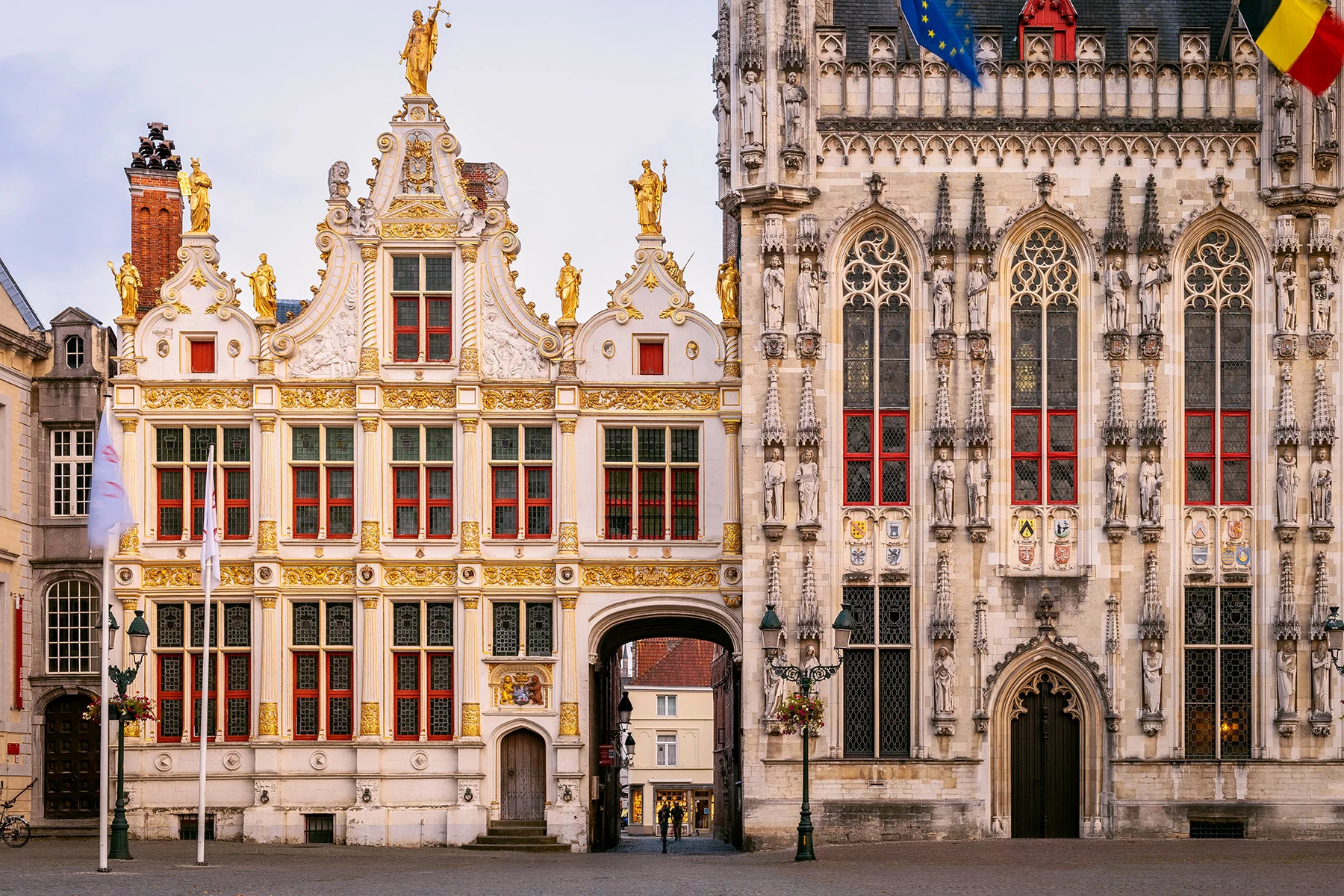
Visa entitlements
The family reunion visa does not on its own entitle you to work or study in Belgium or seek social security benefits. You’ll need to apply for a residence permit after arriving in Belgium to access these possibilities.
Short-term visits to family members in Belgium
For short visits to family members living in Belgium, you’ll need to apply for a type C visa. This is the general Schengen visa for tourism and short stays. It allows entry to all countries within the Schengen area for a maximum of 90 days (three months) within a 180-day period.
Some countries have bilateral visa waiver agreements with the Schengen area that exempt their citizens from short-stay visas. All other third-country nationals must apply for a type C visa for their visit to Belgium.
You’ll need to apply for the visa at your local Belgian embassy or consulate at least 15 days before travel. To complete the application, you’ll have to submit the following documents:
- Filled-in visa application form
- Recent passport photo
- Passport valid for the duration of your stay
- Flight details for your roundtrip or complete travel itinerary
- Travel health insurance details
- A letter of invitation from your family member and proof of your family relationship
- Proof of accommodation in Belgium
- Proof of financial means to support your stay
- Evidence of employment status
- Proof of payment of the visa application fee of €80
Joining family members who only have a temporary Belgian visa
Both permanent and temporary residence permit holders can apply for family reunion visas for their relatives to join them in Belgium. Spouses, registered partners, and children under 18 can use this procedure. However, the residence permit of the family member in Belgium must be valid for at least three months. Once in Belgium, your spouse/partner or child will also be issued a Belgian residence permit. Typically, this will be valid for the same length of time as your own permit, with the possibility of extension.
Family visas to join refugees or asylum seekers in Belgium
If you have been granted refugee status in Belgium, the following family members can apply for a family reunification visa to join you:
- A spouse or registered partner (over 21)
- Your children or those of your spouse (under 18)
- Your children, or those of your spouse, who are dependent on you for care (over 18)
Additionally, parents of minors who have been granted international protection in Belgium can apply for a family reunion visa. Other relatives, such as brothers and sisters, cannot use this procedure. However, they can apply for a Belgian visa on humanitarian grounds.
The application process and documents are the same as in other cases. The costs include the €180 application fee. They may also add charges for translation or legalization of documents or for tests to prove family ties. However, family members of those with official refugee status in Belgium are exempt from some of these costs.
When family members arrive in Belgium
When your family member arrives in Belgium, they will need to report to their local municipal office/town hall. The town hall will register them in the Foreigner’s Registry. They must also apply for a Belgian eID within three months of arrival. Typically, this residence permit is linked to the status of your own residence permit and is valid for the same length of time.
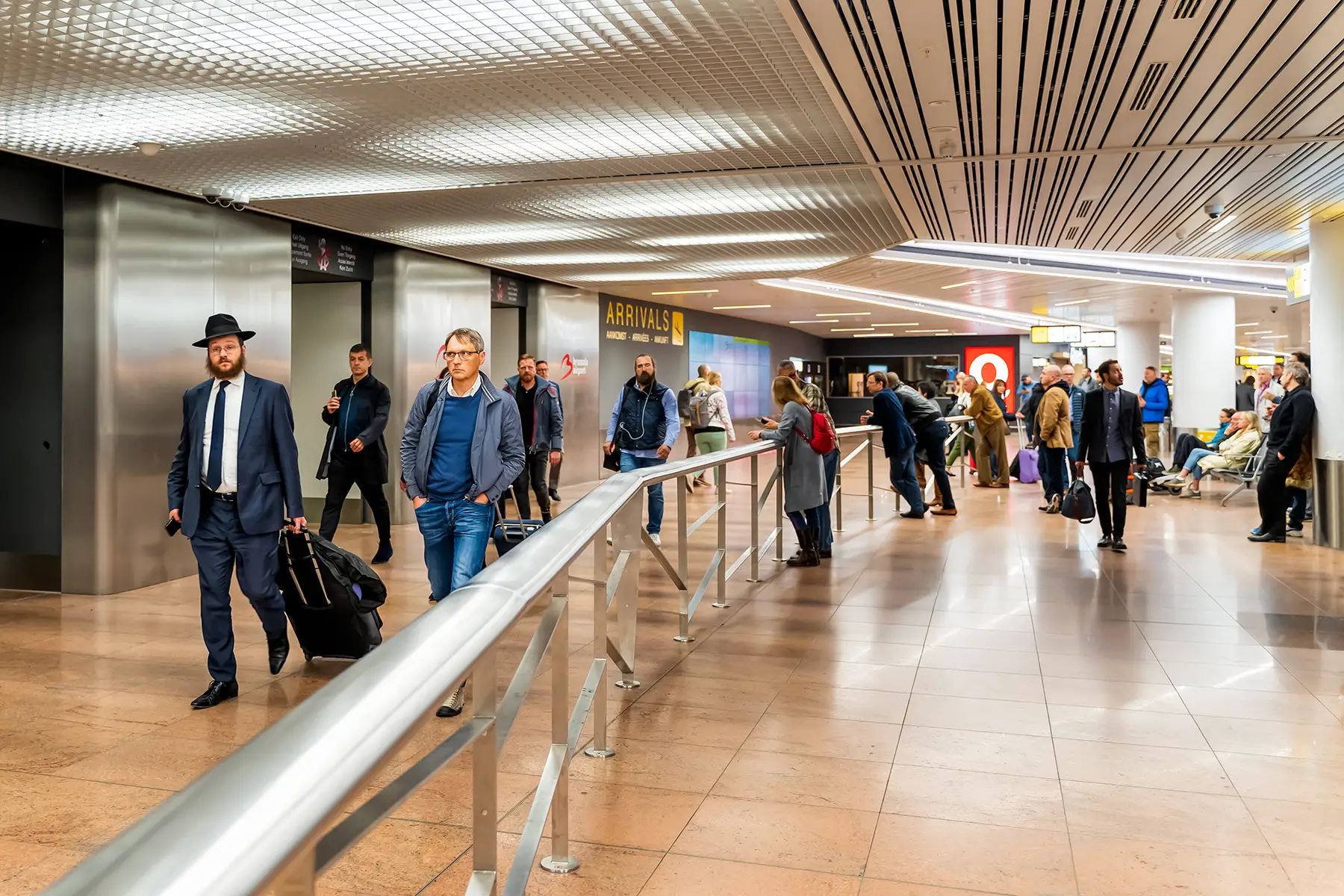
Once your family member has received a Belgian residence permit, they can seek employment without requiring a work permit. Spouses/partners of non-EU/EFTA nationals who have been granted residence in Belgium for study purposes will need a separate work permit.
Besides registration, they will also need to set up a Belgian bank account, get health insurance, and register for social security.
In the event of divorce or death of a family member in Belgium
In the case of divorce or the death of the family member in Belgium you are staying with, you will need to contact the Immigration Office to change the purpose of your stay.
Belgium follows the EU guidelines that give you the right to stay in Belgium permanently based on your own rights. For this, you must have lived in Belgium continuously for over five years. You must also be able to provide evidence of having stable and sufficient finances, health insurance, and no criminal record.
There are certain exceptions to the five-year continuous residence rule that applies to spouses and partners of EU citizens. For instance, you may get a permit to stay in Belgium if you have lived continuously in Belgium for over two years at the time of your spouse’s death. The exception also applies if the cause of your partner’s death was an accident at work or occupational disease.
Family visa complaints and appeals in Belgium
If your visa application is rejected, you will be informed of the reasons through a standard form. Depending on the grounds for refusal, you could try resubmitting your application to the embassy with additional documentation.
If you would like to dispute the decision, you can write a letter of appeal to the Immigration Office within 30 days. You should only do this if you can provide sufficient evidence of the incorrect processing of your documents and application. Also, keep in mind that it can take a few weeks before you receive a response.
Useful resources
- IBZ – Belgian Immigration Office
- belgium.be – Belgian government’s official information and services portal
- Myria – Belgian Federal Migration Center’s website with information on the family reunification procedure
- Vreemdelingenrecht en Internationaal Familierecht (Immigration Law and International Family Law) – Dutch website for legal aspects related to immigration in Belgium
- Association pour le Droit des Étrangers (Association for the Rights of Foreigners) – French-language website for legal aspects and factsheets related to immigration in Belgium
- eID – Information on Belgium’s electronic identity card
